Sudan Gurung’s Heated Press Conference: A Glimpse into Nepal’s Unfinished Struggle
The transition of power in Nepal has not ended the debate, it has only sharpened it. At a press meet in the Reporters’ Club, Gen-Z representative Sudhan Gurung, a prominent face of the recent protests, faced a storm of tough questions, tense exchanges, and raw emotions.
A Press Meet on the Edge
Gurung appeared at the event alongside the families of those who lost their lives in the protests. What was expected to be a briefing about the transition of power quickly turned into a charged confrontation.
A questioner challenged Gurung directly:
- Was the sacrifice of 51 lives worth only a six-month interim government?
- How did the movement suddenly gain direct executive power, including dissolving parliament?
- Wouldn’t the same leaders return after elections?
The questions reflected a deep public anxiety that the hard-won change might be temporary, swallowed by Nepal’s cycle of political recycling.
Gurung’s Emotional Response
Gurung did not hold back. His anger was visible, and his words poured out in frustration:
- “Why don’t you tell me how far it has reached?” he retorted.
- When told that nothing would change, Gurung shot back: “We will protest again. We won’t let the leaders leave their homes.”
- Defending himself, he added: “I didn’t kill anyone.”
- He went further, placing the movement in historical context: “This change has happened in 80 years. We didn’t start the fire, but we made sure it ended.”
The press meet descended into chaos as journalists, activists, and attendees began shouting over one another. Within minutes, Gurung left the podium, leaving behind more questions than answers.
What This Exchange Reveals
- A Movement Still Raw
Gurung’s defensiveness and anger showed that the protest leadership is still navigating its role. The grief of the families, the mistrust of journalists, and the skepticism of citizens are colliding in real time. - The Weight of Sacrifice
With 51 lives lost, every decision of the interim government is under moral scrutiny. For many, six months of change feels like too little compared to the human cost. - A Fear of Old Patterns
The recurring concern “the same leaders will come back” captures a national doubt. Unless new systems emerge, elections may only reshuffle old power. - The Fire Metaphor
Gurung’s statement “We didn’t start the fire, but we made sure it ended” is telling. The protesters may not have begun the violence, but they feel they carried the movement to its conclusion, for better or worse.
The Road Ahead
This chaotic press conference is a reminder that Nepal’s current phase is not closure, but transition. The interim government of Sushila Karki faces immense pressure:
- To honor the martyrs,
- To deliver justice,
- To prepare credible elections, and
- To restore public trust.
For leaders like Gurung, the challenge is equally great. They must transform raw protest energy into constructive political influence without losing credibility. Otherwise, the frustration that boiled over in that press meet could repeat itself on the streets.
Share this content:
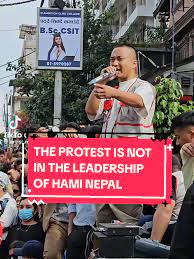

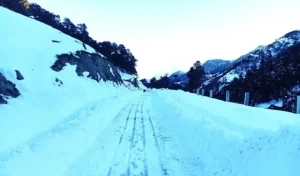


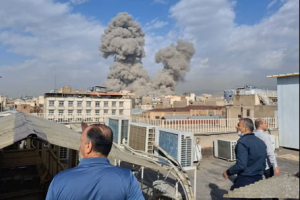
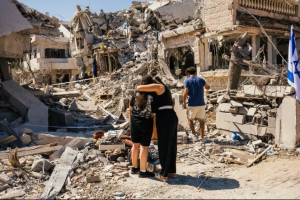
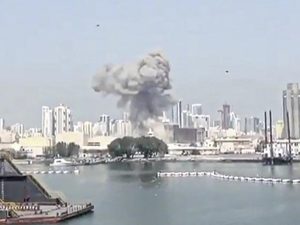


Post Comment